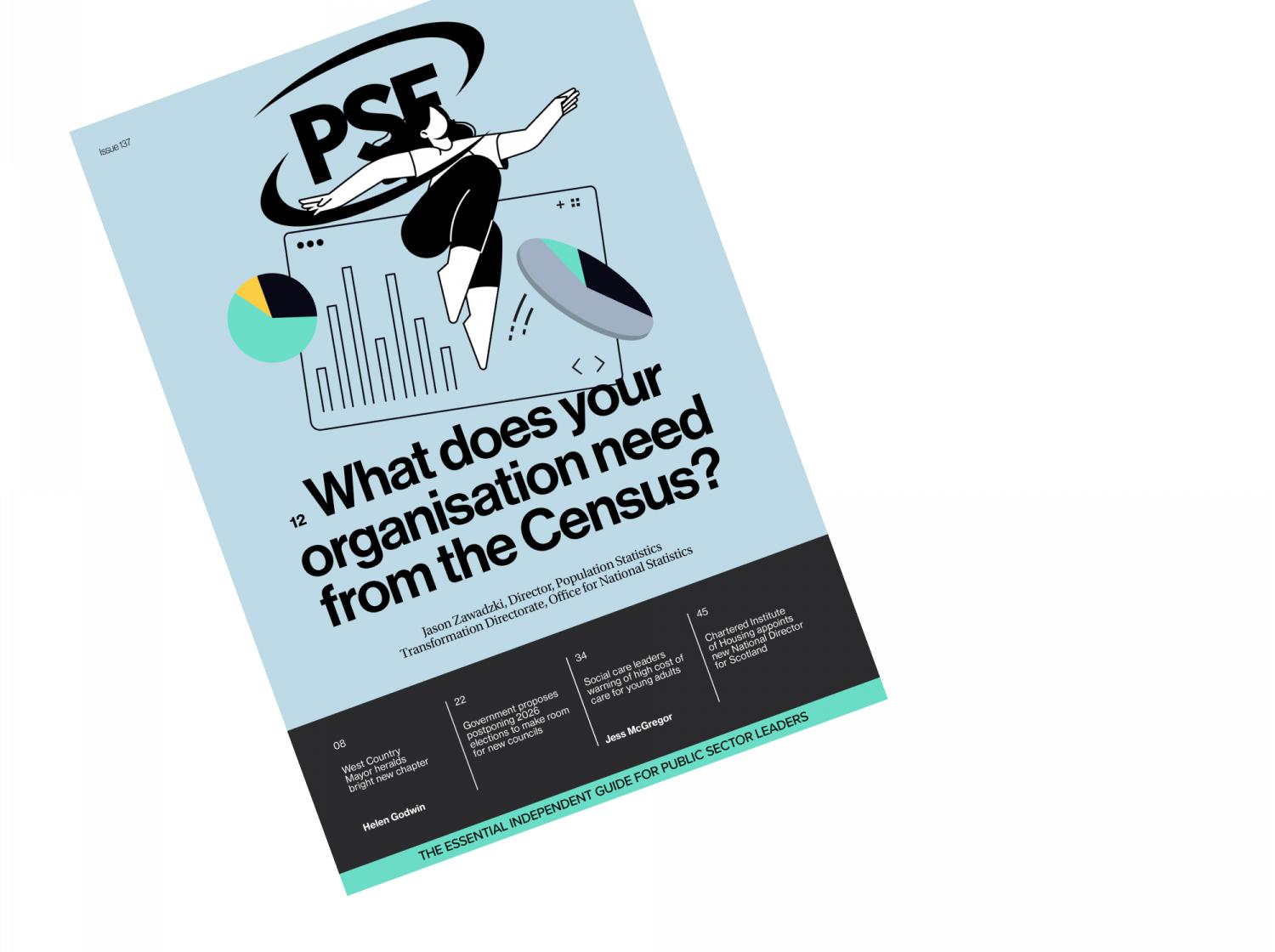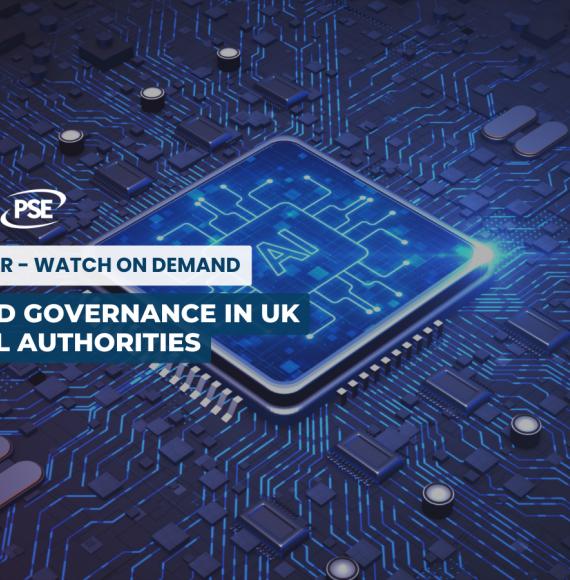Research conducted by Fiftyfive5, commissioned by the Copyright Licensing Agency (CLA), found that 55% of public sector employees use generative AI (GAI) tools at work, with 4 in 5 using it weekly. Notably, 82% of these users include third-party content, such as articles, journals, and eBooks, in their prompts. Without the appropriate permissions in place, this practice exposes public sector organisations to risks, including copyright infringement.
The use of generative AI in the public sector is widespread and set to increase. Beyond delivering essential services, the majority of public sector organisations rely on the collaboration of diverse departments, including marketing, communications, social care, legal, and finance. High-quality published content remains a vital resource, inspiring new ideas, driving innovation, shaping policy, and supporting day-to-day operations. Increasingly, generative AI tools are becoming an integral part of this collaborative environment, enabling teams to harness information more effectively.
However, as the use of generative AI grows, so do the associated risks and governance concerns relating to intellectual property, including copyright. Good governance is crucial when implementing new and innovative technologies, such as generative AI.
Good governance in the generative AI era
In the public sector, where strong governance is essential, copyright compliance should be integrated into risk management and digital transformation strategies. Public bodies are expected to show due diligence across all operations, including the use of generative AI. Alongside data governance considerations when using generative AI tools, organisations must also be mindful of the risk of copyright infringement. By implementing a robust governance framework that supports the responsible use of generative AI, organisations can leverage the multiple benefits of this technology while upholding their governance and compliance frameworks. This approach ensures that public sector organisations remain compliant with copyright law and maintain public trust.
The CLA Public Administration Licence and new generative AI permissions
The CLA Public Administration Licence for public sector organisations plays a pivotal role in supporting good governance and managing compliance risk within the public sector. CLA, a regulated not-for-profit organisation with over 40 years of experience, provides CLA Licences to over 700 public sector organisations in the UK. The Public Administration Licence provides public sector organisations with the necessary permissions to copy, save, share and reuse millions of copyright-protected content as part of their daily operations. The new CLA Workplace Generative AI permissions, launched in May 2025, support the responsible use of generative AI tools in public sector workplaces.
These extended licence permissions allow public sector professionals, including those working in licensed police departments, fire services, public corporations, local and combined authorities, and national park authorities, to legally reuse authorised published content as prompts for permitted generative AI tools. (As per the licence terms).

Developing a governance framework for generative AI
To navigate this evolving risk landscape, and harness these tools responsibly, public sector organisations should take a structured approach to generative AI governance:
- Copyright and Content Licensing: Ensure employees understand what third-party content is protected by copyright and ensure appropriate permissions.
- Training and awareness: Deliver training on generative AI best practices, including copyright compliance courses and data security.
- Tool evaluation and security: Regularly assess the security and compliance credentials of generative AI tools, especially in relation to data handling and reuse.
- Usage policies: Develop internal policies on the use of generative AI tools, specifying approved tools and permissible content.
- Monitoring and auditing: Bring in systems to track how generative AI tools are used across the organisation, identifying potential risks and adherence to policy.
Embracing the future of generative AI in the public sector
As the public sector embraces the transformative potential of generative AI, it is vital to do so with a commitment to good governance, compliance, and public trust. The CLA Public Administration Licence empowers public sector organisations to leverage these tools and innovate responsibly, providing the necessary permissions to use permitted copyright-protected content as prompts in approved generative AI tools while ensuring compliance with UK copyright law. By embedding robust governance frameworks and clear internal policies from the outset, public sector organisations can confidently harness the benefits of generative AI.
Learn how the CLA Public Administration Licence can support your organisation here.
Access CLA’s report, The GAI Revolution, here.
Follow CLA on LinkedIn.


















